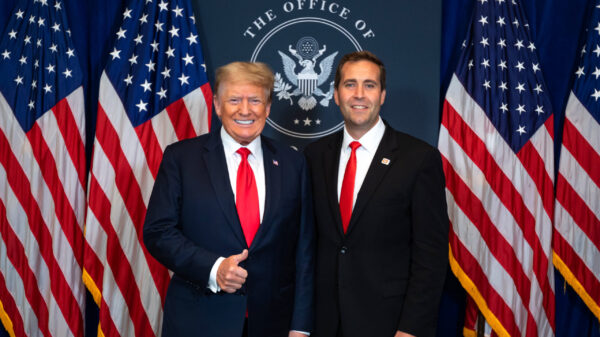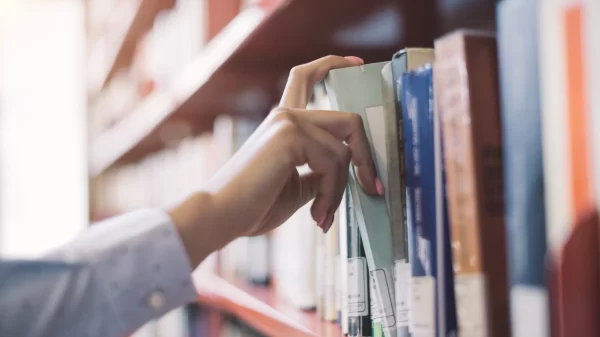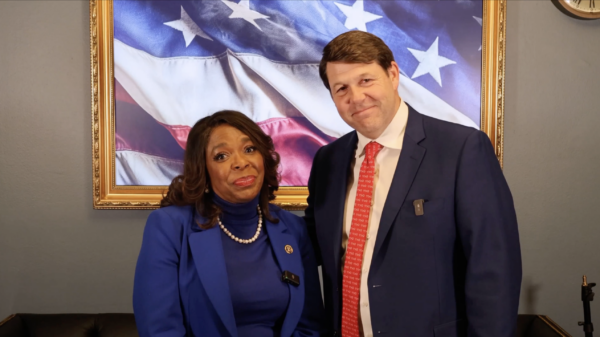Last week, a federal district court ordered the Trump administration to halt its closure of 99 Job Corps centers across the country.
In May, the Department of Labor announced that it would begin pausing Job Corps center operations “to ensure federal workforce investments deliver meaningful results for both students and taxpayers.” However, this most recent ruling—the result of a lawsuit brought against the administration by Job Corps students, Public Citizen Litigation Group, and the Southern Poverty Law Center—will prohibit those closures, at least temporarily.
Established by Congress in 1964, Job Corps operates as the largest nationwide residential career training program in the country, providing tens of thousands of disadvantaged 16- to 24-year-olds with residential education and career training every year. The program has trained and educated over two million individuals since its founding.
“At Job Corps, students have access to room and board while they learn skills in specific training areas for up to three years,” reads the program’s description on the Department of Labor’s website. “In addition to helping students complete their education, obtain career technical skills and gain employment, Job Corps also provides transitional support services, such as help finding employment, housing, child care, and transportation. Job Corps graduates either enter the workforce or an apprenticeship, go on to higher education, or join the military.”
In an official press release, SPLC celebrated the court’s order blocking the Trump administration’s attempted closure of the Job Corps.
“The SPLC applauds the Court’s recognition that the Trump Department of Labor exceeded its authority and unlawfully shuttered the Job Corps program, which plays an essential role in strengthening Southern communities. This program has consistently reduced unemployment and homelessness, empowered underserved communities—especially for Black and Brown youth—and breaks the cycle of poverty through education, training, and opportunity,” said Scott McCoy, SPLC’s deputy legal director. “Now is the time to double down: Job Corps is a direct investment in our nation’s future, which must be protected, expanded, and fully funded to deliver on its promise of equity and upward mobility.”
“The Department of Labor’s decision to abruptly close Job Corps centers across the country, ignoring legal requirements and literally putting vulnerable young people on the street, was callous, and as the Judge today agreed, illegal,” added Adam Pulver, an attorney with Public Citizen Litigation Group and lead counsel for the plaintiffs. “The Department’s ludicrous argument to the court, that in shutting down 99 Job Corps centers it was not actually closing those centers, was a naked attempt to evade clear law.”
The court’s ruling found that “the record unequivocally demonstrates that DOL unlawfully ‘closed’ all 99 privately operated Job Corps centers,” thereby violating the Workforce Innovation and Opportunity Act, which mandates Job Corps’ existence. As a result, the court halted the Department of Labor’s directive, keeping the 99 centers across the country—including Alabama’s two centers located in Montgomery and Gadsden—open for the time being.

